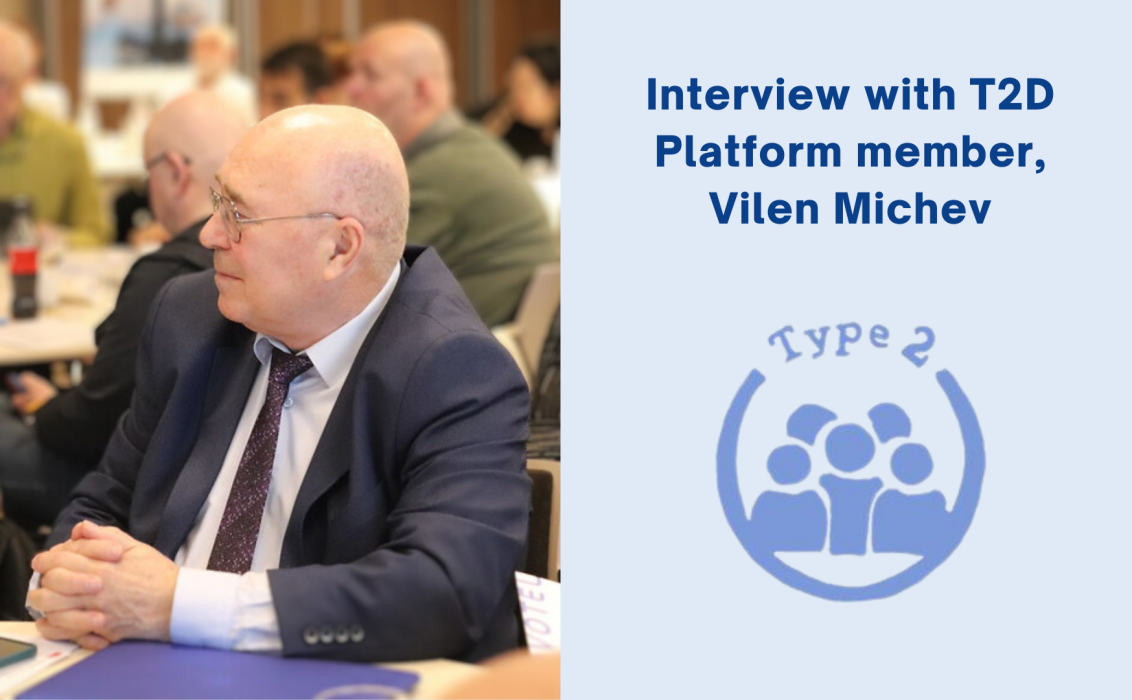As in previous years, IDF Europe organised a symposium prior to the opening of the EASD. This year, the symposium focuses on improving compliance to diabetes care took place on 10th September, from 1:30-5:00pm in Edison Hall, International Fair of Lisbon (FIL), Lisbon, Portugal.
Download the latest programme and the floorplan.
A short report and the presentations used will be available shortly.
Achieving improved compliance to diabetes care: the common task for care providers, health systems and people with diabetes
Compliance and persistence to treatment are great allies of people with diabetes. However, as for all chronic diseases, only 50%1 of people living with diabetes comply and persist in the long term to their therapy. Poor compliance is seen in all type of interventions: self-monitoring of blood glucose, administration of insulin, medication, diet and physical activity. Poor compliance results in poor health outcomes and complications such as cardiovascular, kidney, nerve and eye disease. As demonstrated in several studies2,3, it also has a significant impact on healthcare costs including treatment of the complications, hospitalisation4 which represents the largest direct cost linked to the condition.
Yet, compliance and persistence not only stem from the patients’ own motivation to change, but also from the healthcare team who, by instilling the values and importance of self care and appropriate management of their diabetes, act as patient activators. It has been proven5,6,7,8 that the information and education provided in the first weeks and months following the diagnosis influences the relationship patients have with their condition. In addition to reducing treatment complexity, factors such as better patient information, education and motivation have been shown to be associated with improved compliance. Appropriate, culturally adapted and efficiently delivered information and education by healthcare professionals (HCP) are therefore key to empower people with diabetes. They will ensure that patients have the right tools, that they use them properly and comply in the long run to the therapy that best fits their individual needs and requirements.
As the quote rightly says: “Give a man a fish and you feed him for a day; teach a man to fish, and you feed him for a lifetime”.
During this interactive session, we will hear the perspectives of people living with diabetes, of healthcare professionals, of decision-makers. We will discuss technology facilitating compliance and persistence, and tackle the economic burden linked to poor compliance to treatment.
A panel discussion and Q&A session will follow. Time to learn to fish and how to teach it!
[1] World Health Organization: Adherence to long-term therapies. Evidence for action. Geneva: World Health Organization; 2003.
[2] http://www.lse.ac.uk/LSEHealthAndSocialCare/research/LSEHealth/MTRG/LSEDiabetesReport26Jan2012.pdf
[3] https://www.ncbi.nlm.nih.gov/pmc/articles/PMC2826379/
[4] It implies admission to hospital, laboratory analysis, the work of medical staff, specific therapies, and investments to assure the best quality of care for affected people. The length and the frequency of hospitalisation also increase the burden for health systems.
[5] Carratalá-Munuera MC, Gil-Guillen VF, Orozco-Beltrán D, et al. Barriers associated with poor control in Spanish diabetic patients. A consensus study. Int J Clin Pract 2013. doi:10.1111/ijcp.12160.
[6] “Adherence to Therapies in Patients with Type 2 Diabetes” Luis-Emilio García-Pérez, María Álvarez, Tatiana Dilla, Vicente Gil-Guillén, and Domingo Orozco-Beltrán, Diabetes Ther 2013 Dec 4(2) 175-194
[7] King DE, Mainous AG, Carnemolla M, Everett CJ. Adherence to healthy lifestyle habits in US adults, 1988–2006. Am J Med. 2009;122:528–534. doi: 10.1016/j.amjmed.2008.11.013
[8] Ciechanowski PS, Katon WJ, Russo JE, Walker EA. The patient–provider relationship: attachment theory and adherence to treatment in diabetes. Am J Psychiatry. 2001;158:29–35. doi: 10.1176/appi.ajp.158.1.29.



